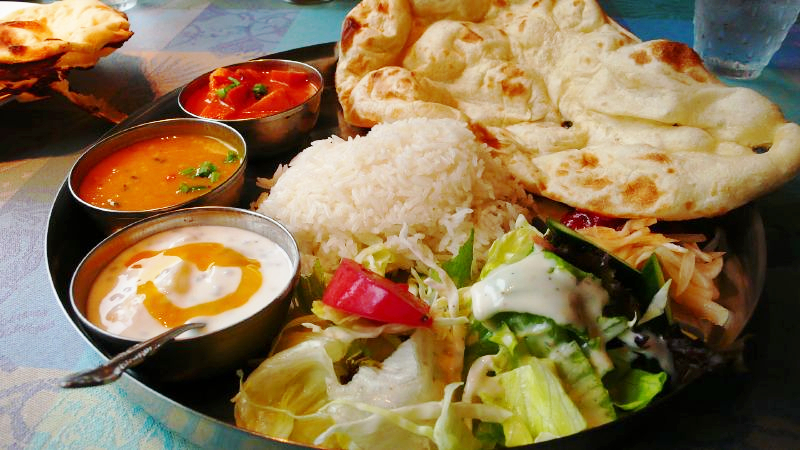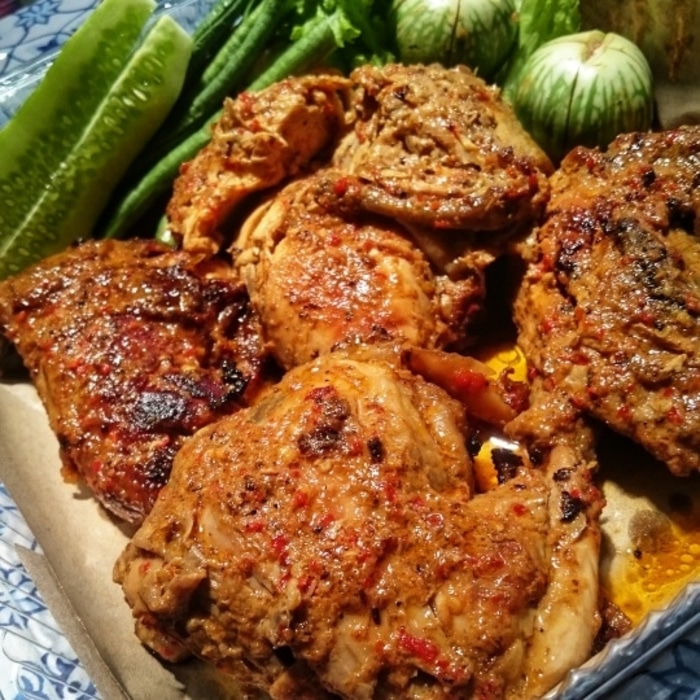This plan is packed with vegetarian protein sources like Indian daal, almonds, spinach, paneer, curd, milk, beans and sprouts. Try it, see the result and share your story with us.
Many consider Indian vegetarian diets to be incomplete protein source because they are low in one or more essential amino acids. However vegetarians can fulfill their amino acids (protein) requirements by eating a wide variety of protein rich vegetarian foods.
The best part: It’s flexible. You can mix and match to create your own customized diet. You can also decrease or increase calorie intake according to your daily calorie requirements.
Daily vegetarian meals lack some essential vitamins and nutrients like B12, D3, Calcium, Omega-3 and Zinc. If your meal is lacking in these vitamins and nutrients on a regular basis, some serious nutritional deficiencies can occur. So this plan includes dairy (for B12 and calcium), walnuts (for Omega-3) and sprouts and beans (for Zinc).
The BOLD TEXT indicates protein rich food so that you can fulfill your everyday protein requirements.
Day 1: Monday
Breakfast (approx 400 cal)
– 1 glass whey protein shake and 1 bowl cooked oats
Morning Snack (approx 200 cal)
– Handful of walnuts and almonds
Lunch (approx 600 cal)
– 1 cup veg sabji, 2 roties, 1 bowl daal and rice
Evening Snack (approx200 cal)
– 1 bowl boiled sprouts
Dinner (approx 400 cal)
– 1 bowl brown rice and dal
Day 2: Tuesday
Breakfast (approx 400 cal)
– 1 glass whey protein shake with 1 cup all bran wheat flakes
Morning Snack (approx 250 cal)
– 1 bowl of cooked green moong
Lunch (approx 600 cal)
– 2 low fat paneer paratha with curd
Evening Snack (approx 200 cal)
– 1 bowl of fruit yogurt
Dinner (approx 400 cal)
– 1 Whole wheat bread Vegetable cheese sandwich and spinach soup
Day 3: Wednesday
Breakfast (approx 400 cal)
– 1 glass whey protein shake with whole wheat cereal
Morning Snack (approx 200 cal)
– Handful of walnuts and almonds
Lunch (approx 600 cal)
– 1 cup vegetable sabji, 2 rotis, 1 bowl daal and rice
Evening Snack (approx 200 cal)
– 1 bowl kidney bean salad
Dinner (approx 400 cal)
– 1 dosa with sambhar and coconut chutney
Day 4: Thursday
Breakfast (approx 400 cal):
– 1 glass whey protein shake with 1 cup corn flakes
Morning Snack (approx 200 cal)
– 1 bowl cooked green moong
Lunch (approx 600 cal)
– Daal bati with vegetable curry
Evening Snack (approx 250 cal)
– 1 bowl of fruit yogurt
Dinner (approx 400 cal)
– 1 bowl daal khichadi and spinach soup
Day 5: Friday
Breakfast (approx 400 cal)
– 1 glass whey protein shake with 1 cup muesli
Morning Snack (approx 200 cal)
– Handful of walnuts and almonds
Lunch (approx 600 cal)
– 1 cup veg sabji, 2 Roti, 1 bowl daal with rice
Evening Snack (approx 200 cal)
– 1 bowl of boiled sprouts
Dinner (approx 400 cal)
– 1 bowl brown rice and daal
Day 6: Saturday
Breakfast (approx 400 cal)
– 1 glass whey protein shake and 1 bowl cooked oats
Morning Snack (approx 200 cal)
– 1 bowl cooked green moong
Lunch (approx 600 cal)
– 2 low fat paneer paratha with curd
Evening Snack (approx 200 cal)
– 25 almonds
Dinner (approx 400 cal)
– 1 bowl dal khichadi and spinach soup
Day 7: Sunday
Breakfast (approx 400 cal)
– 1 glass whey protein shake with 1 cup all bran wheat flakes
Morning Snack (approx 200 cal)
– Handful of walnuts and almonds
Lunch (approx600 cal)
– 1 cup veg sabji, 2 rotis, 1 bowl daal with rice
Evening Snack (approx200 cal)
– 1 bowl of kidney bean salad
Dinner (approx 400 cal)
– 1 dosa with sambhar and coconut chutney
Note:
– The time gap between two meals should be 3 to 4 hours.
– Each meal plan contains approximately 1800-1850 calories.
– You can decrease or increase calorie intake according to your daily calorie requirements.
Source: Sapna Patel, PhD Nutrition Science and Dietetics.





